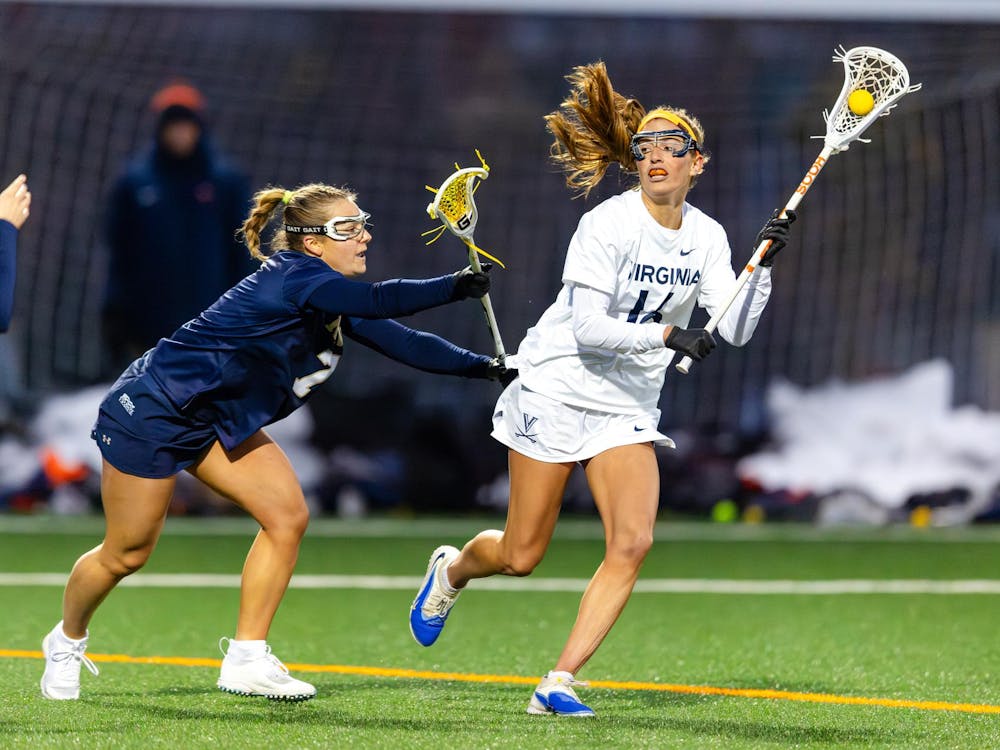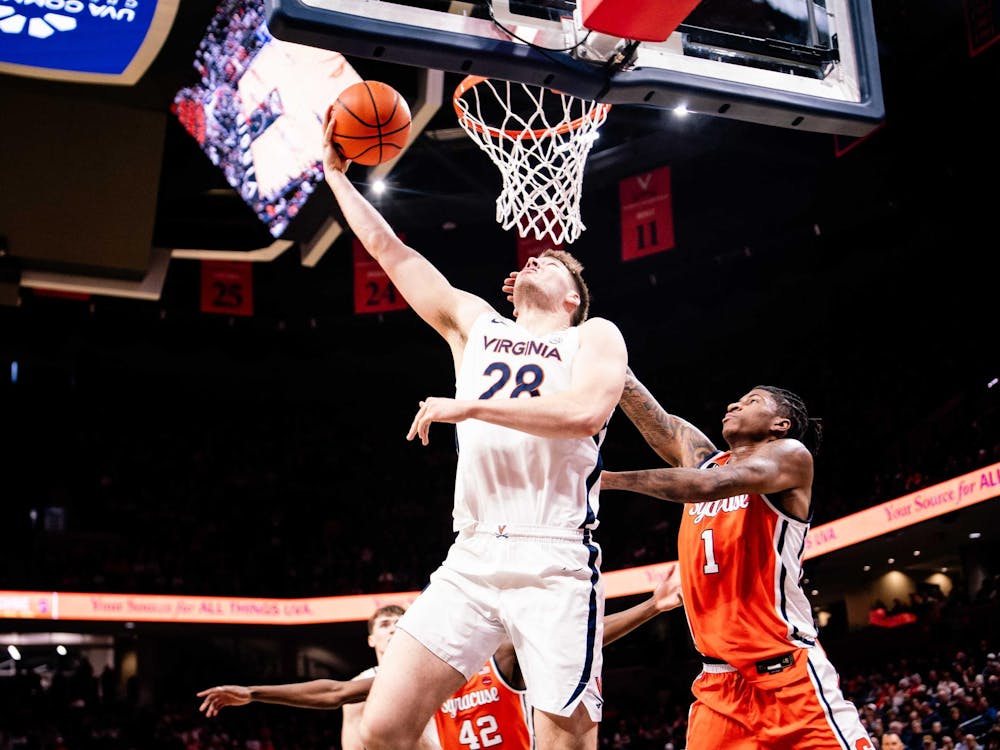Entering Sunday with a 10-6 lead at Medinah Country Club, the United States was preparing to bring the Ryder Cup back to U.S. soil for only the second time in the 21st century. By day’s end, the Americans were left wondering what went so wrong with their all-but-completed mission.
Golf analysts and sports writers across the nation professed the near certainty that the U.S. would defeat Europe, with ESPN’s Rick Reilly predicting an 18-10 U.S. victory — a margin by which the Americans hadn’t won since 1981. On a run-of-the-mill NFL Sunday, the Ryder Cup stole the show, with even casual golf fans across the U.S. tuning in to watch a sure victory disintegrate before their eyes. The Cup garnered its highest TV ratings since 1999, when the U.S. stormed back from its own 10-6 deficit to take the trophy.
Everyone has theories on how it happened. Maybe if a Chicago police officer hadn’t delivered Rory McIlroy to the course with less than 15 minutes before his tee time after the European star forgot what time zone he was in, McIlroy wouldn’t have defeated previously unbeaten Keegan Bradley without even warming up on the driving range. Perhaps it would have helped if captain’s pick, Steve Stricker, had contributed at least a single point on the weekend, or if the golf god known only as Tiger had won a match.
Except Tiger could have posted a victory. After Martin Kaymer holed his putt on 18 to defeat Stricker and clinch at least a share of the Cup, Tiger claimed that the outcome of his match was “inconsequential,” perhaps trying to justify rushing and subsequently missing a short par putt on 18 that would have defeated Kaymer. Rather than drawing the Americans even with a 14-14 tie, Tiger split his match and the Europeans celebrated a 14.5-13.5 win.
Besides the obvious fallacy with Tiger’s logic — a tie is obviously not the same as a loss, regardless of who retains the trophy — I have a big problem with the Ryder Cup. How is it possible that one of golf’s premier events can end in a tie? It almost — and should have — happened Sunday, and it already occurred twice before, in 1969 and 1989.
How do you accept that as an athlete or a fan? If last year’s Super Bowl ended in a draw, would Tom Brady and Eli Manning have been content to accept that neither actually won the game? Professional golfers are every bit as competitive as any other professional athlete, and I have a hard time believing that any of them would settle for a tie.
I don’t agree with Tiger’s view that his match didn’t matter. Despite his legendary status he should have played his match until the end, regardless of whether that end was a stalemate. As George Brett once said, “If a tie is like kissing your sister, losing is like kissing your grandmother with her teeth out.” But the bottom line is the Ryder Cup should be amended so a tie isn’t possible.
Thirty-nine Ryder Cups have been contested since 1927 and only two of them have ended in draws. But in six of the 11 competitions played since the last tie 23 years ago the margin of victory has been just one.
Traditionalists may argue that the Ryder Cup shouldn’t be tampered with, but the competition has been expanded and contracted multiple times throughout its history. Sure, it has never allowed a provision for a tiebreaker, but a little change never hurt anyone.
Currently the Ryder Cup features 28 points up for grabs, with one point given for each match won, and half of a point given to both sides for a tie. For starters, just make that an odd number like they do in MLB, NBA and NHL playoff series – 27 or 29 will do. Play one fewer singles match on Sunday, or play an additional foursome or fourball on Saturday. I bet Davis Love III wishes he could have had an extra fourball Saturday to make Phil Mickelson and Bradley play it, instead of acquiescing to Mickelson’s request to sit the undefeated pair.
But this system still leaves the possibility of a 13.5-13.5 tie. Eradicate draws altogether, including in the individual matches. A tie is one of the biggest cop outs in sports. It doesn’t do justice to the fans or the competitors. So make the guys play out each match until there’s a winner. Make the professionals justify their spots in the prestigious event — no more half points. No self-respecting player should be content to end his match in a tie — yes, I’m talking to you, Tiger.
Another — and possibly more exciting — alternative should the competition end in a tie would be to send one golfer from each team out for a playoff. The drama could rival or even surpass that of sudden death at one of golf’s four majors. Each golfer would be playing not only for himself, but also for his entire country or continent. The pressure could be enough to break even the steeliest of nerves and would attract even more viewers.
If you’re a captain do you send out the veteran, like Tiger, or the hot hand, like Bradley? If you’re the player, how do you handle the added stakes of your teammates’ Ryder Cup hopes?
That’s the human drama, and it’s what we love most about sports. Win and you’ll be remembered forever, lose and you’re forgotten within a week. It seems borderline crazy that the Ryder Cup doesn’t have a tiebreaker in place. It robs everyone involved of a conclusive result and leaves fans unsatisfied.
A tie may not be as bad as a loss, but in the end you’re still kissing your sister.






